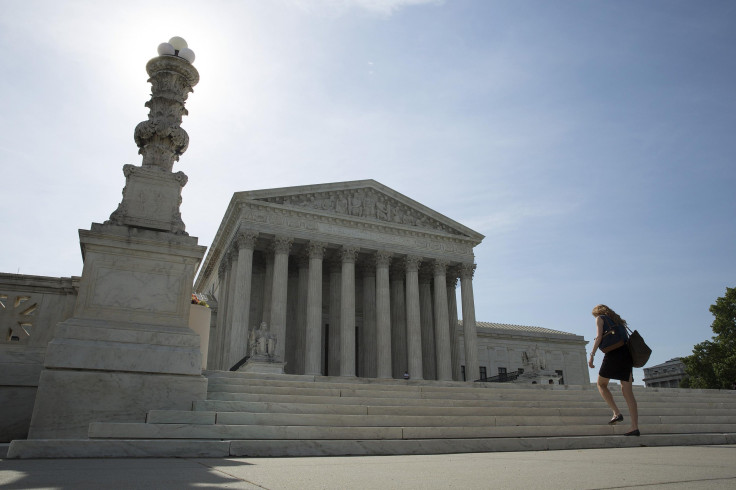Oklahoma Lethal Injection Drug Faces US Supreme Court Test

(Reuters) - The U.S. Supreme Court is set to hear arguments this week on whether a drug used in Oklahoma's lethal injection mix should be banned in a case that comes as a shortage of execution chemicals has sent some states scrambling for alternatives.
The main question before the nine justices in the case brought by three death row inmates that will be heard on Wednesday is whether the use of the sedative midazolam violates constitutional protections against cruel and unusual punishment.
The case does not address the constitutionality of the death penalty in general, but brings fresh attention to the debate over whether executions should continue in the United States.
Opponents say midazolam is not approved for use in painful surgeries and should not be used in the death chamber because it cannot maintain a coma-like unconsciousness, potentially leaving inmates in intense pain from lethal injection drugs that halt breathing and stop the heart.
The drug has been used in executions in Oklahoma, Florida, Ohio and Arizona.
"Oklahoma's selection of midazolam was grounded in expedience, rather than science," according to a petition filed with the court on behalf of the inmates: Richard Glossip, John Grant and Benjamin Cole.
Glossip arranged for his employer to be beaten to death. Grant stabbed a correctional worker to death. Cole killed his 9-month-old daughter.
The state maintains the drug is effective. Oklahoma's lawyers said in court papers the case was a "full-throated attack" on the state's ability to implement death sentences.
Executions in Oklahoma came under greater scrutiny after the flawed lethal injection a year ago of convicted murderer Clayton Lockett, who received midazolam and was seen twisting on the death chamber gurney after medical staff improperly placed the IV line.
Citing ethical reasons, drug-makers, mostly from Europe, began about four years ago banning sales of drugs for use in executions. States were forced to find new combinations and turned to lightly regulated compounding pharmacies, which can mix chemicals, for their execution drugs.
Another barrier was set up in March when the largest association of U.S. pharmacists approved a measure at its annual meeting urging members to avoid participating in executions.
"The difficulties in obtaining drugs are going to persist whether or not midazolam is found to be constitutional," said Robert Dunham, executive director of the Death Penalty Information Center, whose data on capital punishment is used by both sides of the debate.
(Reporting by Jon Herskovitz in Austin, Texas; Additional reporting by Lawrence Hurley in Washington; Editing by Peter Cooney)
© Copyright Thomson Reuters 2024. All rights reserved.











